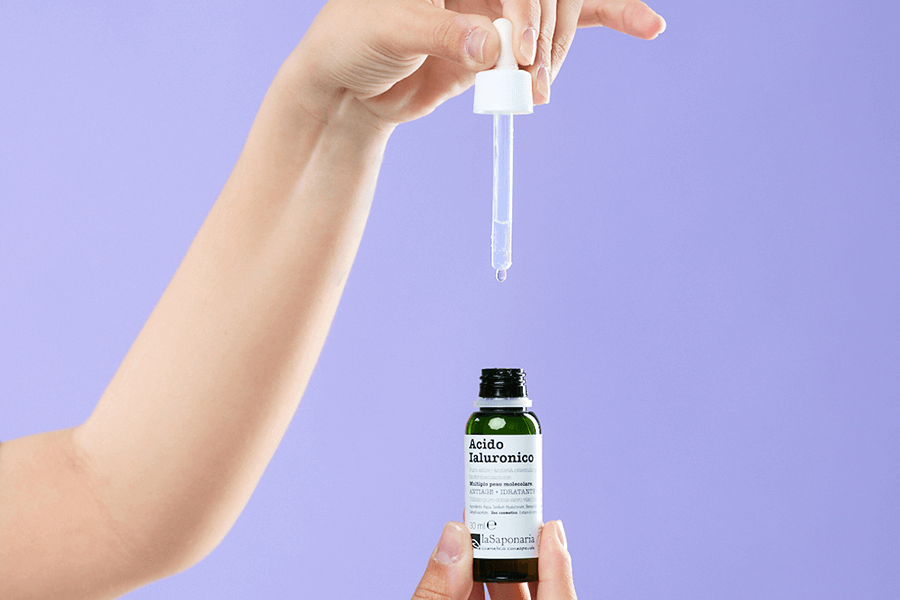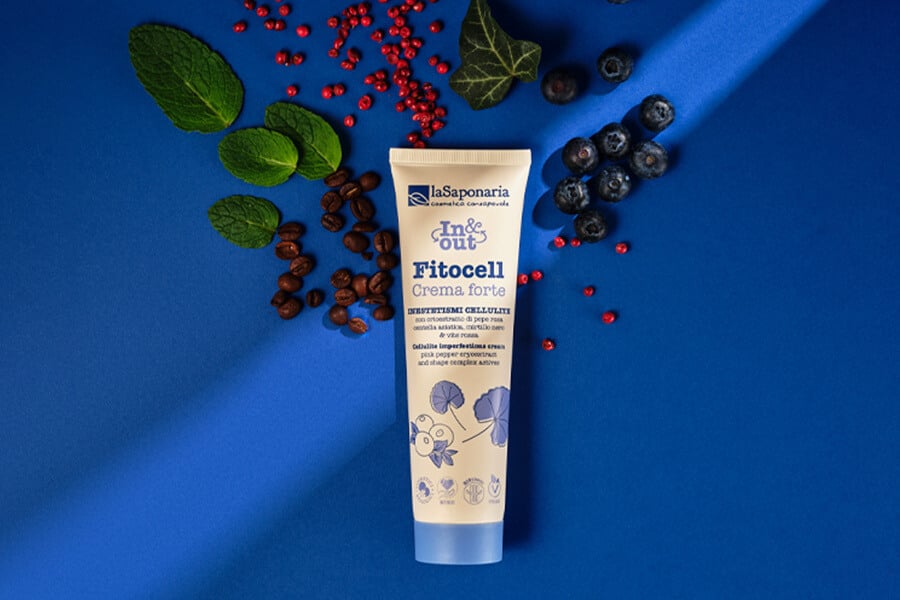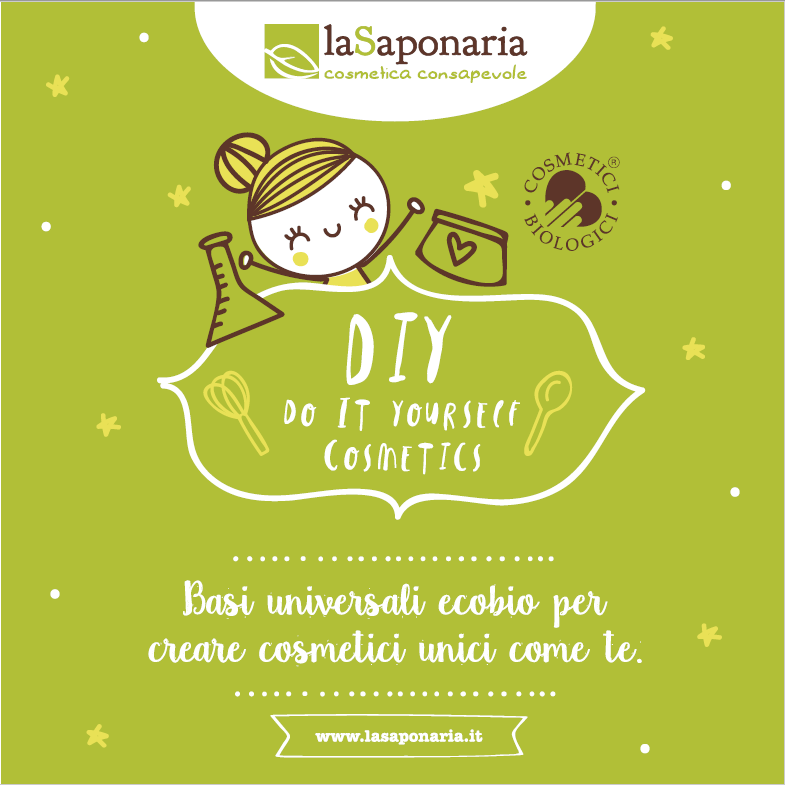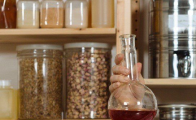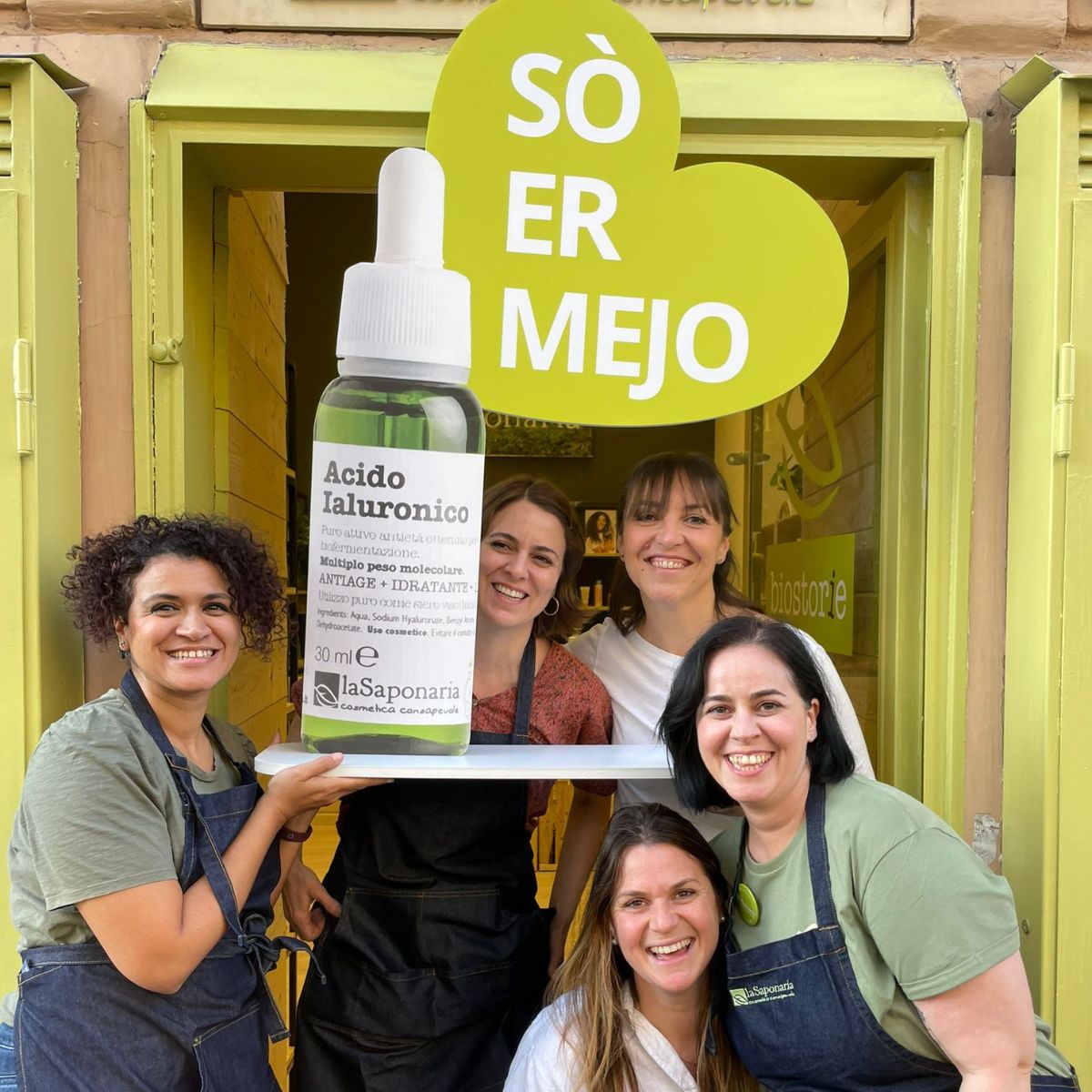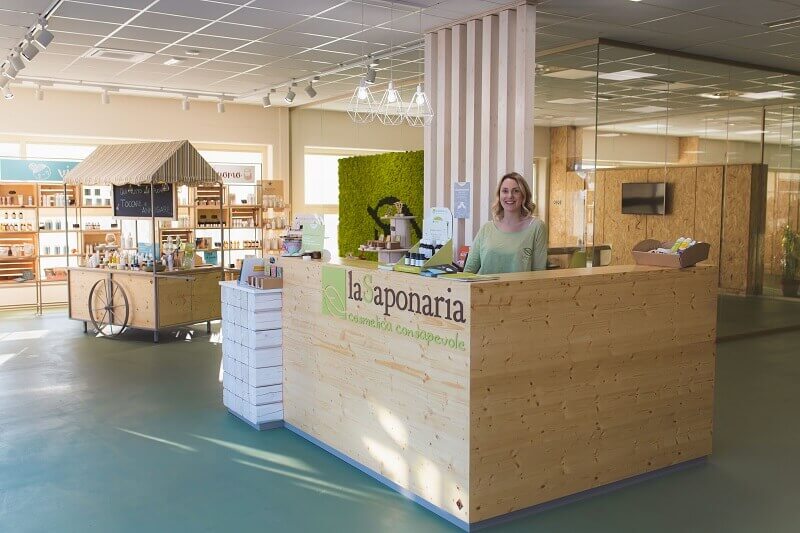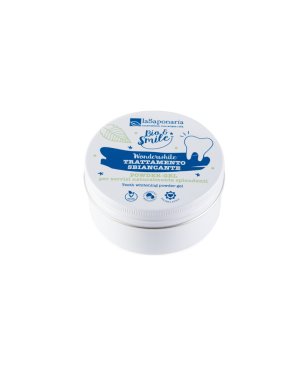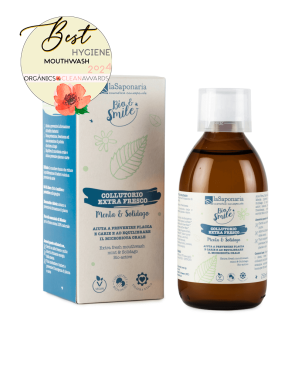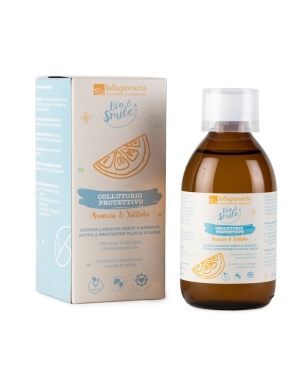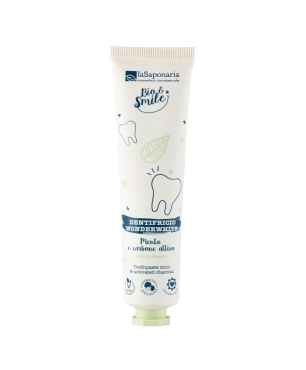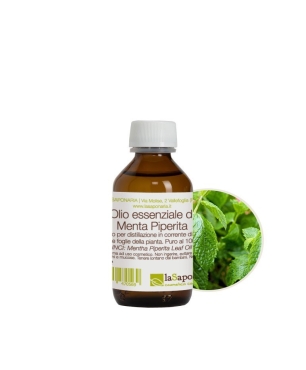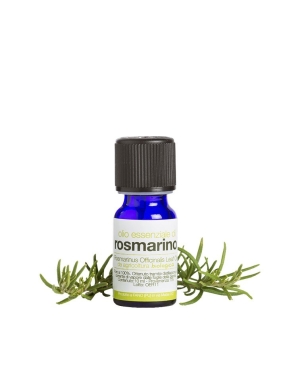- Call us! +390721 911004
- Write a message
- Whatsapp +39 377 3844777
- Become a reseller
- Test and E-book
- Location and contacts
-
MenuBack
-
Organic cosmetics
-
-
space
-
-
-
-
-
-
-
Discover your routine
-
-
Skin care
-
Hair care
-
Body Care
- Best sellers
- Routines
-
DIY
-
-
space
-
-
-
-
-
-
PRODUCTION TOOLS
-
-
DOWNLOAD THE RECIPES
-
-
-
Organic library
-
-
BEAUTYBLOG
-
-
-
GLOSSARY
-
-
-
DO-IT-YOURSELF RECIPES
-
-
-
TEST AND E-BOOK
-
-
About us
-
-
space
-
-
-
-
-
PHILOSOPHY
-
-
-
NATURAL COSMETICS
-
-
-
FLAGSHIP STORES
-
-
-
Sustainability
-
-
space
-
-
-
BENEFIT COMPANY
-
-
-
ETHICAL CHAIN
-
-
-
SUSTAINABLE PACKAGING
-
-
-
SUSTAINABILITY IN THE COMPANY
-
-
-
Supported projects
-
NOTICES AND AWARDS
-
-
-
Business Area
-
-
space
-
-
-
OPEN A FLAG SHIP STORE
-
-
-
BECOME A RESELLER
-
-
-
PRIVATE LABEL
-
ACCOMMODATION FACILITIES
-
-
-
RESELLERS LOGIN
-
-
-
Resellers
-
-
RESELLERS RESOURCES
-
-
-
OPEN A FLAGSHIP STORE
-
ACCOMMODATION FACILITIES
-
PROMOTIONAL MATERIAL
-
-
-
RESELLERS NEWS
-
REGISTER YOUR SHOP
-
-
-
BODY CARE LINE 2025
-
-
-
CHRISTMAS GIFT
-
-
- Store locator
Peppermint

INCI NAME:
Mentha Piperita Oil, Mentha Piperita Leaf Extract
ORIGIN:
Vegetal
FUNCTION:
Refreshing, decongestant, soothing, invigorating, perfume
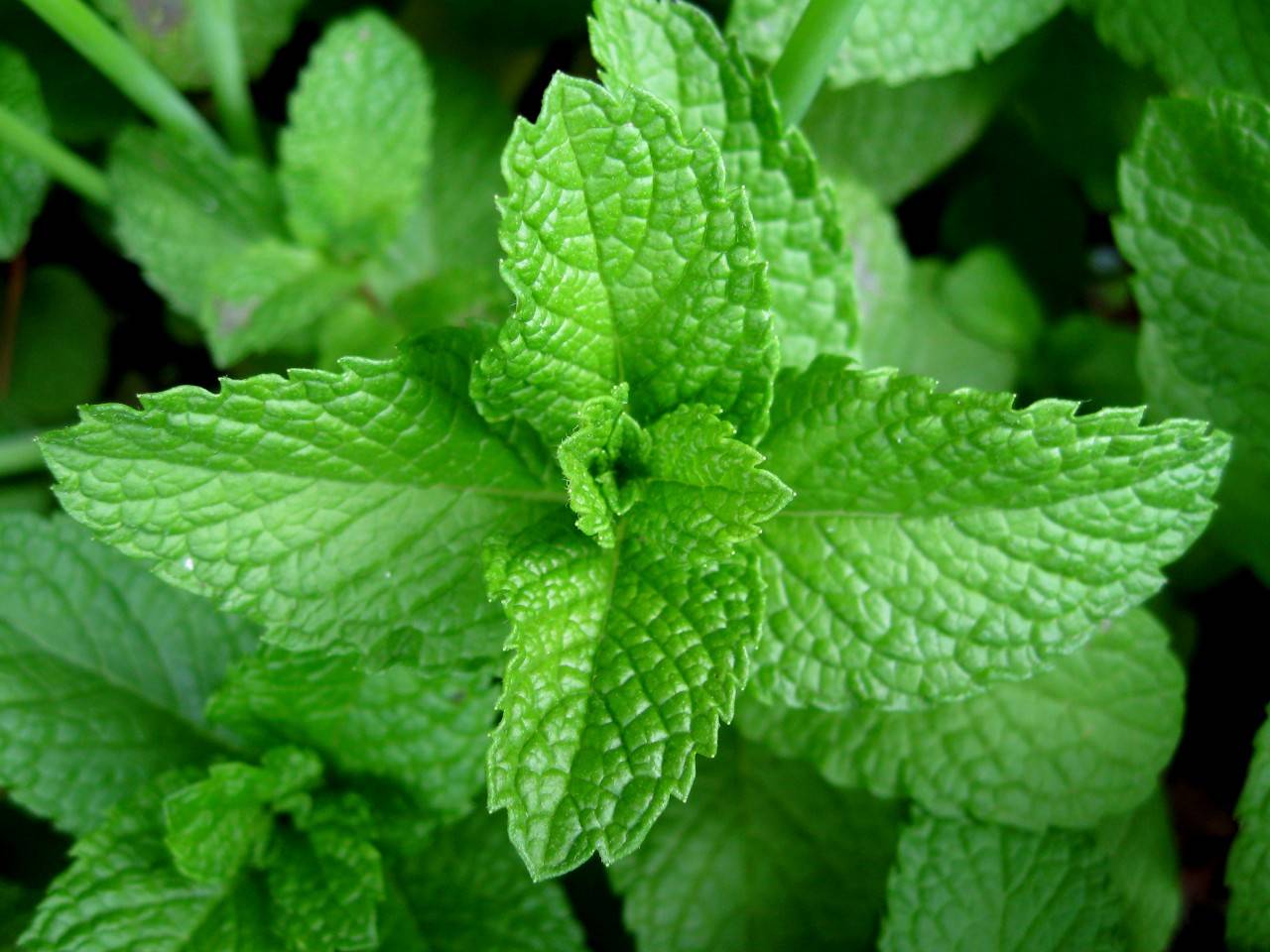
This is an automatic translation
Peppermint is a perennial plant that adapts to any climate, so much so that it can even be found in Kenya and Alaska. It belongs to the Lamiaceae family, which includes plants native to Europe whose cultivation began in 1750 in England and from there it spread to Asia, North America and Australia.
Its height varies from 40 to 60 cm, with a woody stem and a variable color from green to purple. The flowers are almost always sterile, white in color and bloom from the bottom upwards, while the leaves are covered with a dense green down and have a very pleasant intense smell.
Peppermint is a plant with numerous properties and is widely used in herbal medicine. More in detail, this plant is attributed with spasmolytic properties at the gastrointestinal and airways level. It differs from other mint varieties by having a high degree of aromaticity, for this reason it is used as a taste corrector in numerous foods, herbal teas, galenic preparations and drugs, even if popular medicine identifies it as the digestive remedy for excellence.
In cosmetics it is used in the formulation of gels and emulsions to counteract skin blemishes, such as cellulite, capillaries and heavy legs, since thanks to the presence of menthol it gives immediate relief of freshness, it also acts on the skin microcirculation. Its usefulness also extends to the field of oral hygiene, since it is particularly suitable for refreshing and sanitizing the oral cavity, and it is no coincidence that it is very often found as an ingredient in toothpastes and mouthwashes. As for the hair, if applied to the skin together with an organic shampoo, it is able to lighten and refresh the roots, with a purifying action.
In cosmetics it can be found in several forms:
-Essential oil of Peppermint (Mentha Piperita Oil). Obtained by steam distillation of whole plant green grass (it is extracted from the leaves and flowering tops) and for this purpose the harvest is carried out in the period of full bloom towards mid-August. The liquid has a clear, colorless or very fluid straw yellow appearance and a strong and penetrating aroma. It is also one of the most suitable essential oils for clearing the respiratory tract in case of colds or sinusitis: Menthol, the active ingredient of Peppermint, has a decongestant action. From a dermatological point of view, the essential oil finds a prompt application in case of insect bites, with respect to which it exerts an anti-itch and refreshing action, but it is also useful for purifying the skin and soothing redness and burns.
- Peppermint Extract (Mentha Piperita Leaf Extract). In cosmetics it is appreciated for its ability to give freshness and promote microcirculation.
Fair trade supply chain
The officinal herbs that we use for our products come from Phalada, an Indian company in Bangalore active in the promotion of organic farming and in the marketing of related products from numerous small agricultural producers (about 1400 for a total territory of 10,000 acres in all India), specialized in the cultivation of spices, herbs, medicinal and aromatic herbs, and coffee.
All these small farmers receive organic certification after a long training course conducted by the company itself, focused on organic cultivation techniques but also on marketing and business management. This guarantees small farmers a secure source of income and allows them to free themselves from dependence on chemicals (fertilizers and pesticides) which are often very expensive, all following a single principle: maintaining an ethics that guarantees respect for both humans. than of nature. Phalada ensures that farmers receive fair compensation for the product sold and conducts regular inspections to ensure that the entire production chain, from seed to final packaging, is compatible with the holistic approach supported by the company.
Phalada also promotes cultural and social projects such as the one aimed at spreading the use of Ayurvedic medicine or literacy in rural areas. Phalada runs an Ayurvedic clinic and herb processing laboratory and a college for the training of doctors and social workers. Since 2006, it has also financed an elementary school in a rural location inserted in the social and productive context of herb and spice growers. Phalada, with a part of the proceeds from the sale, supports the salary of teachers and promotes specific training relating to the cultivation and use of medicinal herbs.

